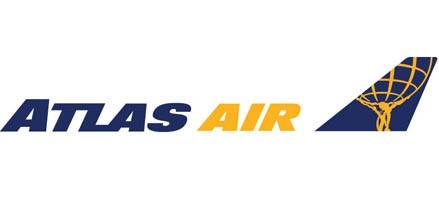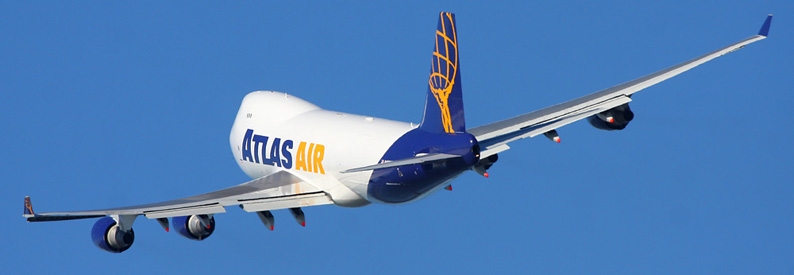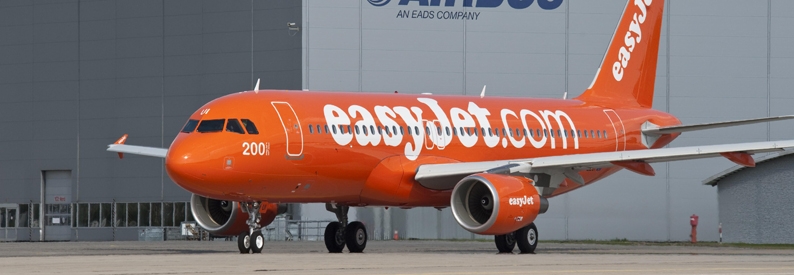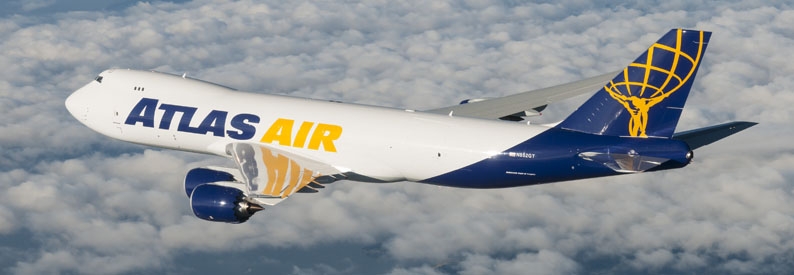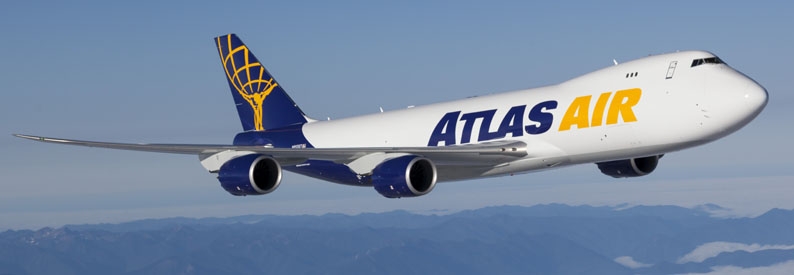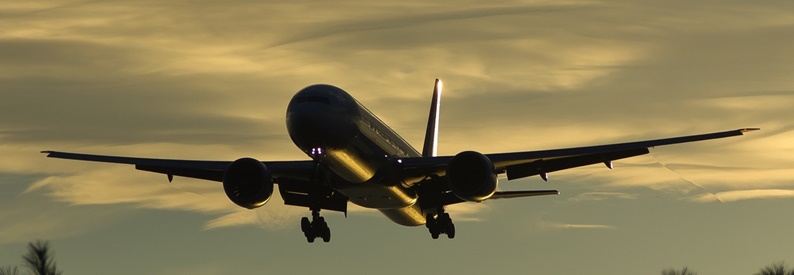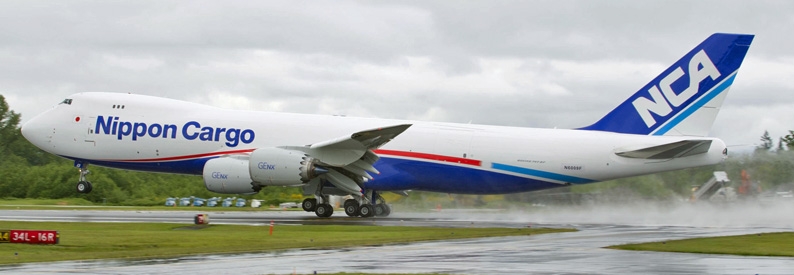Cargo airlines will soon face an acute shortage of large freighters, with about 120 widebody freighters due for retirement and insufficient passenger-to-freighter conversions, according to Atlas Air Chief Commercial Officer Michael Steen.
As reported by Aviation Week and Trend News Detail, Steen was speaking at a recent conference in San Diego of the International Society of Transport Aircraft Trading (ISTAT), when he warned: "We will see a significant amount of retirements over five to ten years. Converted aircraft alone will not make up for the retirements. We need the new production aircraft in the market on time".
With the world's largest fleet of fifty-two B747 freighters and a broad array of seventy-eight B767 freighters plus eight B737-800(BCF)s and two B777-200Fs, the air cargo giant's fleet totals 88 aircraft, of which 77 are freighters and 11 are passenger aircraft, according to ch-aviation Commercial Aviation Aircraft Data data. In January, it reported delivery of the final B747 to be produced by Boeing.
Steen warned that the industry could face a similar situation as during the pandemic when airlines lacked cargo capacity because of high demand. He believed the cargo industry underwent a permanent structural change after Covid-19 resulting in 61% of all cargo being transported on freighters. In contrast, about 50% was bellyhold cargo on passenger aircraft before the pandemic. He said belly capacity was currently underutilised because passenger aircraft were being deployed in markets with less demand for freight.
According to Aviation Week, there are currently three widebody P2F programmes for B767-300ERs, B777-200LRs/B777-300ERs and A330-200s/A330-300s. Meanwhile, B747 production has ended. Still, two new-built freighters, the B777-8F and the A350F will enter service in 2027 and 2025, respectively. Production of new B777Fs and B767Fs will cease because of stringent International Civil Aviation Organisation (ICAO) emissions standards coming into force in 2027.
Steen's warning follows statistics released by the International Air Transport Association (IATA) in February showing that 2022 full-year demand for air cargo took a significant step back from 2021 levels but was close to 2019 performance. Global full-year demand in 2022, measured in cargo tonne-kilometres (CTKs), was down 8% compared to 2021 (-8.2% for international operations). Compared to 2019, it was down 1.6% (both global and international). IATA blamed political and economic uncertainties for the decline compared to extraordinary levels in 2021. Continuing measures by key governments to fight inflation by cooling economies were expected to result in a further decline in cargo volumes in 2023, to -5.6% compared to 2019.
"It will, however, take time for these measures to bite into cargo rates. So, the good news for air cargo is that average yields and total revenue for 2023 should remain well above what they were pre-pandemic. That should provide some respite in what is likely to be a challenging trading environment in the year ahead," opined IATA Director General Willie Walsh.
- Type
- Base
- Aircraft
- Destinations
- Routes
- Daily Flights
